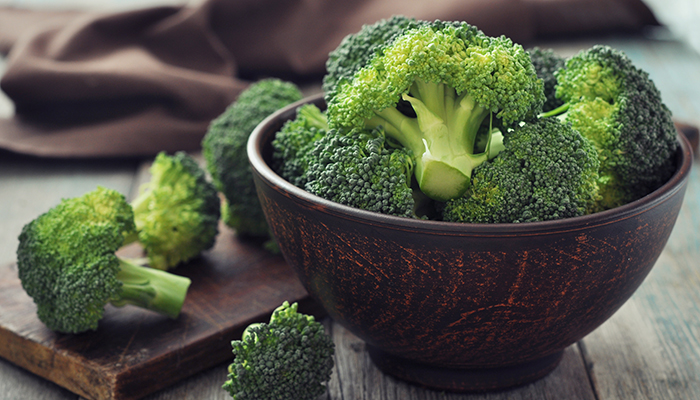
“Kale smoothie, anyone?” Maybe not…. Good nutrition has always been a mainstay of good health. Indeed, there is growing awareness of the power of food to support healing for a wide variety of conditions. What is less well known is the fact that even very healthy foods can cause health problems when combined with specific medications.
As you care for your family member, be alert to these common food–drug interactions.
Broccoli, kale, spinach, cabbage, collards. These nutrient-rich vegies are high in Vitamin K. This vitamin supports blood clotting. It’s essential to stopping the flow of blood when we get cut. Some blood-thinning drugs, particularly warfarin, block vitamin K’s clotting action. Anyone taking warfarin must balance the amount of vitamin K in the diet. Not too much. Not too little. Talk to the doctor or pharmacist for guidance.
Coffee. Nothing like a good cup of joe to boost one’s energy! But the caffeine in coffee can also super-charge the breakdown of some drugs. This includes antibiotics and drugs for asthma, depression, and irregular heart rhythms. The result can be toxic. Separately, the stimulating effects of coffee can interfere with antianxiety medicines and sleep medications.
Grapefruit. Either fresh or juiced, grapefruit is potent, interacting with at least 45 drugs. People who take statins can develop side effects, such as muscle and joint pain. Medications for blood pressure, erectile dysfunction, and some antihistamines are among other drugs negatively affected by grapefruit.
Milk. A glass of milk may be recommended before taking some medications. It coats the stomach and prevents nausea. With many antibiotics, however, the calcium and proteins in milk bind with the drug’s active ingredients, reducing its effectiveness.
New food–drug interactions are being discovered all the time. To be safe, when a new medication is prescribed or a shift in diet occurs, ask the doctor or pharmacist about specific foods to avoid.

